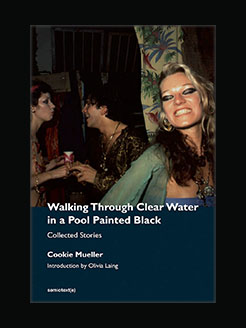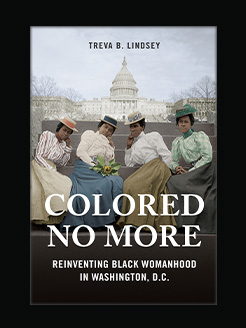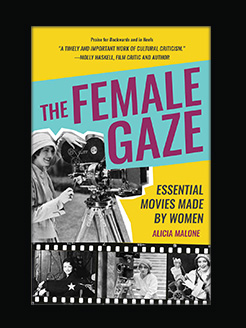Published in 2006
352 pages
Jill Lepore is the David Woods Kemper ’41 Professor of American History, Harvard College Professor, and chair of Harvard’s History and Literature Program. She is also a staff writer at The New Yorker.
Winner of the Anisfield-Wolf Award for the best non-fiction book on race, and a finalist for the Pulitzer Prize; The Name of War (1998), winner of the Bancroft Prize, the Ralph Waldo Emerson Prize, and the Berkshire Prize and a finalist for the J. Anthony Lukas Award.
A co-founder of the magazine Common-place, Lepore’s essays and reviews have also appeared in the New York Times, the Times Literary Supplement, American Scholar, the Los Angeles Times, the Washington Post, The Daily Beast, the Journal of American History and American Quarterly. Her research has been funded by the National Endowment for the Humanities, the Pew Foundation, the Gilder Lehrman Institute, the Charles Warren Center, and the Woodrow Wilson Foundation. She has served as a consultant for the National Park Service and currently serves on the boards of the National Portrait Gallery and the Society of American Historians. Jill lives in Cambridge, Massachusetts
What is this book about?
Pulitzer Prize Finalist
Anisfield-Wolf Award Winner
Over a frigid few weeks in the winter of 1741, ten fires blazed across Manhattan. With each new fire, panicked whites saw more evidence of a slave uprising. In the end, thirteen black men were burned at the stake, seventeen were hanged and more than one hundred black men and women were thrown into a dungeon beneath City Hall.
In New York Burning, Bancroft Prize-winning historian Jill Lepore recounts these dramatic events, re-creating, with path-breaking research, the nascent New York of the seventeenth century. Even then, the city was a rich mosaic of cultures, communities and colors, with slaves making up a full one-fifth of the population. Exploring the political and social climate of the times, Lepore dramatically shows how, in a city rife with state intrigue and terror, the threat of black rebellion united the white political pluralities in a frenzy of racial fear and violence.







